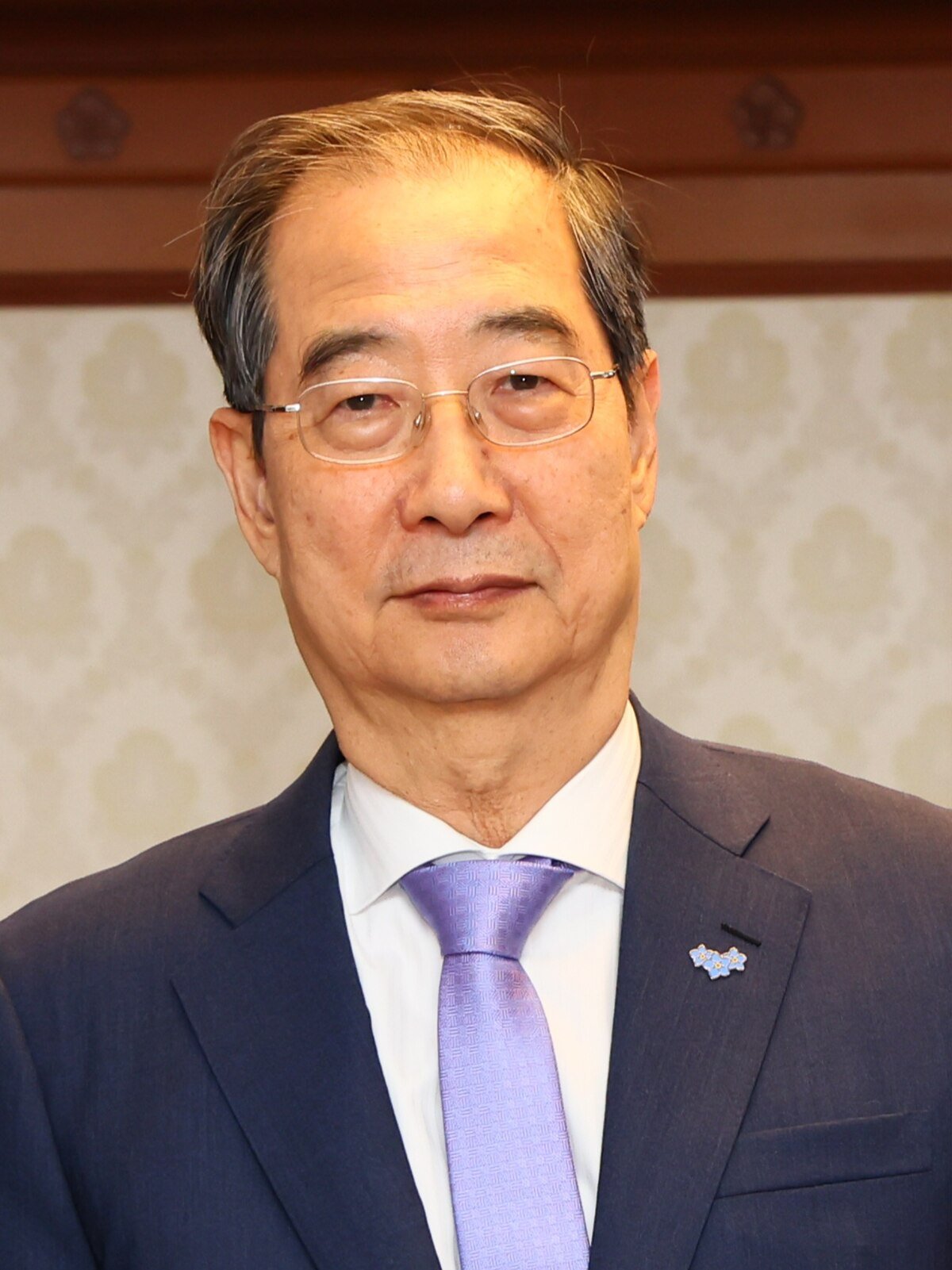
As South Korea and Russia exchanged vulgar words again, the relationship between the two countries reached a new low.
The trouble began on July 8 with a foreign media interview of President Yoon Suk Yeol ahead of his attendance at the NATO summit in Washington. He said Russia should consider who is more important to Russia between South and North Korea.
He then warned that South Korea’s possible provision of weapons to Ukraine depends on the level and content of cooperation between Russia and North Korea. Kremlin spokesperson Dmitry Peskov responded on the same day that Russia has never agreed with Yoon’s approach and that Russia supports building good relations with all countries in the region. It looks like the two countries have equally exchanged punches.
But it is a huge disgrace to South Korea because of the big difference in status between the president of Korea and the Russian presidential office spokesperson in diplomatic relations.
The humiliation is regrettable in that the diplomatic disasters have repeated since the launch of the Yoon administration. In early February, a spokesperson for the Russian Foreign Ministry disparaged Yoon’s view as biased. In April last year, the Chinese foreign minister insulted that somebody playing with fire would burn to death, indicating Yoon.
In January last year, the Iranian Foreign Ministry bluntly criticized him for being ignorant about the situation in the Middle East.
The repeated diplomatic disasters and the deteriorated security situation on the Korean Peninsula raise concerns that foreign policy is not effectively implemented. Why is the Yoon administration subject to a series of diplomatic blasphemy? One reason might be that the Yoon government failed to distinguish between diplomacy and security, and was also excessively focused on security rather than diplomacy.
The concepts of foreign policy, diplomacy and security sound similar but differ. Foreign policy is an upper-level concept that refers to a strategy, guideline or action one country uses to exchange with another or international organization. Diplomacy is part of foreign policy and refers to resolving various tasks that arise in relations with foreign countries through dialogue and negotiation. Security is also a part of foreign policy, but it refers to a strategy or measure that protects the lives and property of the people against various types of external threats, including foreign military aggression.
Diplomacy and security are the same in that they deal with common situations of foreign affairs, but the two are complementary in opposite directions. Since security aims to protect lives and property from external threats, it assumes the worst and emphasizes thorough preparedness. Diplomacy assumes the best, and emphasizes the efforts to seize opportunities to maximize the national interest through dialogue and negotiations with foreign countries.
Compared to soccer, security officials specialized in defense, while diplomacy officials specialized in attack. Defenders and strikers are both soccer players but differ in their missions and roles. Diplomacy and security operate in the opposite direction but are directly connected, like one body. You cannot avoid a fiasco if you focus on only one thing and ignore the other.
If you look at the foreign policy of the Yoon Suk Yeol government, there are some movements related to security, but diplomacy is hard to find. For example, Yoon recently emphasized peace by force rather than words. However, maintaining peace can only be achieved by both diplomacy and security simultaneously.
If security is emphasized without diplomacy, the quality of security will decline because it increases external military threats. The same is true of the opposite case. So, there is no problem with emphasizing peace through strength. The problem is the rejection of peace by words. It is like a soccer coach who gives up attack and focuses only on defense. Without attack, there are no goals and no victories. Without diplomatic words, there is no peace and prosperity. If attack and defense, diplomacy, and security are not used in parallel with a sense of balance, soccer or foreign policy cannot avoid a complete failure.
President Yoon Suk Yeol is attending the NATO summit again this time, and there is a problem in this area where diplomacy and security are not distinguished. Strengthening military preparedness against North Korean threats through cooperation with NATO is positive.
However, we have to consider that the South Korea-US alliance possesses overwhelming war capabilities. North Korea, China and Russia will increase their military posture, judging that the strategic balance in Northeast Asia is destroyed as NATO becomes a military supporter of South Korea. The recent signing of a treaty between North Korea and Russia reflected this flow of atmosphere.
To address security concerns, it is natural to focus on increasing military power or securing alliances. However, there is no way out of security unrest if the military threat is not reduced through dialogues and negotiations with adversaries. As a result, the state’s ability to reduce external threats affects the level of security posture.
Through negotiations, nations with excellent diplomatic capabilities drastically reduce the level of threats themselves. Since the end of the Cold War, all South Korean governments have tried to strengthen the alliance with the US and also improve relations with North Korea, China and Russia, laying structural foundations for peace and prosperity. However, since the inauguration of the Yoon Suk Yeol administration, the security situation has deteriorated due to unnecessary conflicts with North Korea, China, and Russia. The administration ignored that efforts to reduce threats through diplomacy are as crucial as strengthening military power or securing alliances.
If South Korea develops its foreign policy in a way that combines diplomacy and security with the geopolitical characteristics of a divided nation, the security situation in South Korea will shift in a positive direction. The dire situation in which the president is ridiculed and verbally abused by medium-level officials of foreign nations will also not happen again.
Wang Son-taek
Wang Son-taek is an adjunct professor at Sogang University. He is a former diplomatic correspondent at YTN and a former research associate at Yeosijae. The views expressed here are the writer’s own. — Ed.





